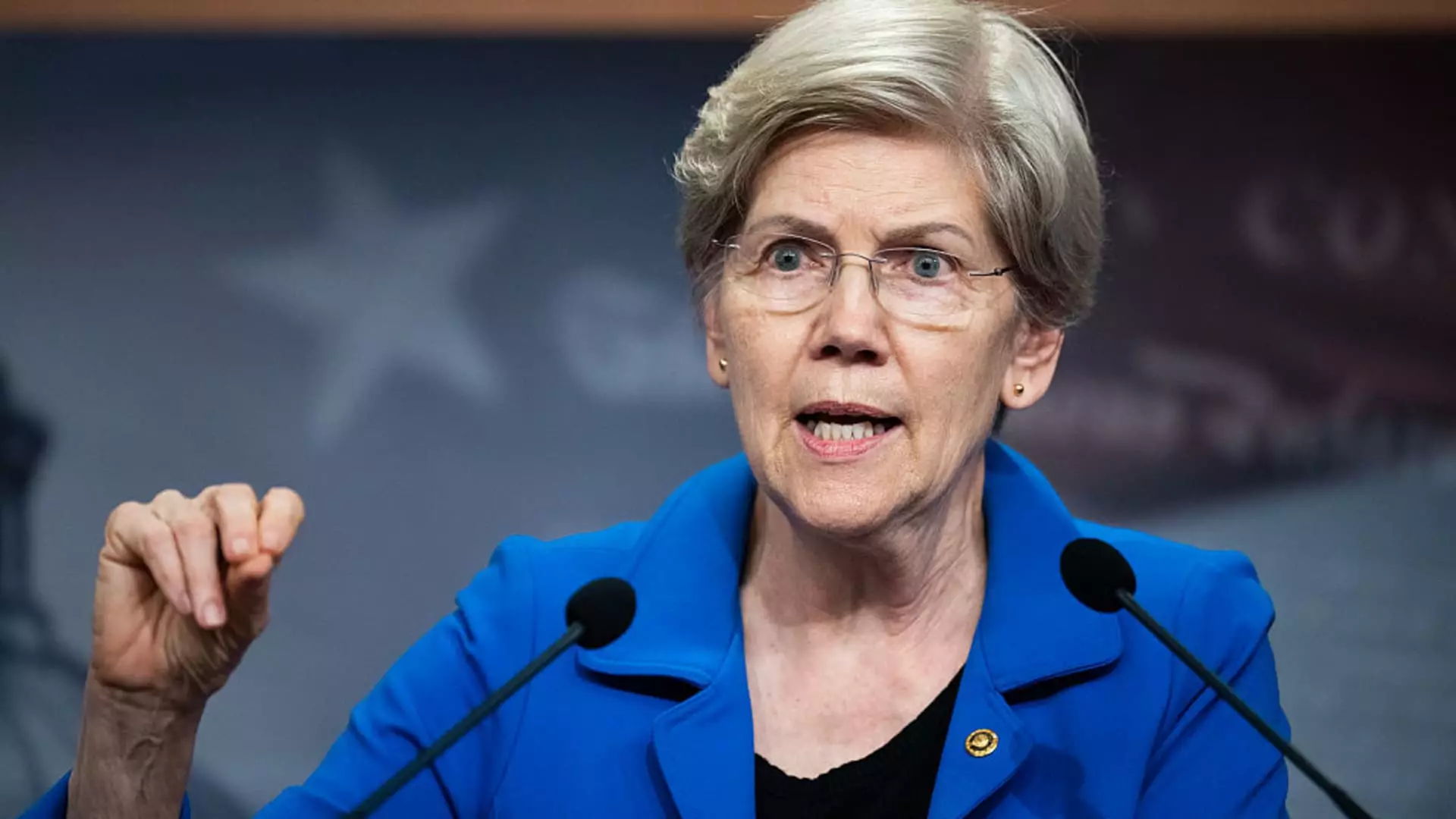The tariff-heavy trade policies initiated by President Donald Trump are increasingly seen as a potentially corrupt enterprise designed to enrich his allies and administration officials. This alarming notion has been echoed by 47 Democratic lawmakers who have raised concerns over what they characterize as a “corrupt scheme.” The crux of their argument lies in the suggestion that Trump’s eagerness to implement tariffs operates not just as an economic strategy but as a mechanism for political favoritism. By selectively applying tariffs, the administration is allegedly creating an underground economy benefitting corporate cronies while sidelining competition – and the average American.
Exemptions and Insider Trading: A Recipe for Corruption
Recent developments in the administration’s handling of tariffs have been anything but transparent. The exemption of smartphones and other electronics from reciprocal tariffs raises eyebrows, particularly when one considers the timing of such decisions alongside the financial interests of specific corporations. It’s not a coincidence that companies like Apple saw an immediate uptick in stock prices following these exemptions, a spike that may reflect not just market trends but the sycophantic relationship between business magnates like Apple’s Tim Cook and the President himself. This shades the entire tariff situation with the unmistakable hue of favoritism and self-dealing.
According to the Democrats, such practices are highly susceptible to abuse, with the potential for officials’ personal investments to foster conflicts of interest that would incite rampant insider trading. The argument presents a compelling critique of how economic policymaking is intertwined with personal gain, unraveling the integrity of the trade agenda itself. This perception of corruption is further exacerbated by the opacity surrounding the administration’s decision-making processes, leaving room for loopholes and quid-pro-quo arrangements that could undermine trust in the political system.
The Limits of Congressional Power
The Democratic response is powerful but inherently limited. As the party currently stands in the minority in Congress, its ability to conduct hearings or issue subpoenas is severely hampered. This weakness renders the lawmakers’ letter an important but ultimately symbolic act of resistance. Without the power to compel accountability, their concerns serve as an urgent alert rather than an actionable strategy. By publicly voicing their apprehensions, they shine a light on political malpractice that affects them and their constituents.
Now more than ever, it is imperative for Democrats to galvanize public sentiment around these tariffs. The general populace must awaken to the reality that the administration’s trade maneuvers could translate into higher costs of living, job insecurity, and an imbalanced economy favoring the affluent. This isn’t just a political squabble; it is about the ethical tone that our nation’s leadership sets.
The Path Forward: Holding Power to Account
In a climate where economic favoritism is growing increasingly brazen, the responsibility rests with both public representatives and the citizens they serve. The Democrats’ call for transparency and accountability from Trump’s administration is not merely an appeal—it’s a necessary battle for the soul of American democracy where ethical governance must triumph over cronyism. As concern mounts over the tariffs being used as weapons of enrichment, the dialogue must shift. We need rigorous scrutiny of how economic policy translates into real-world outcomes—especially for those who had little to gain and everything to lose.


Leave a Reply